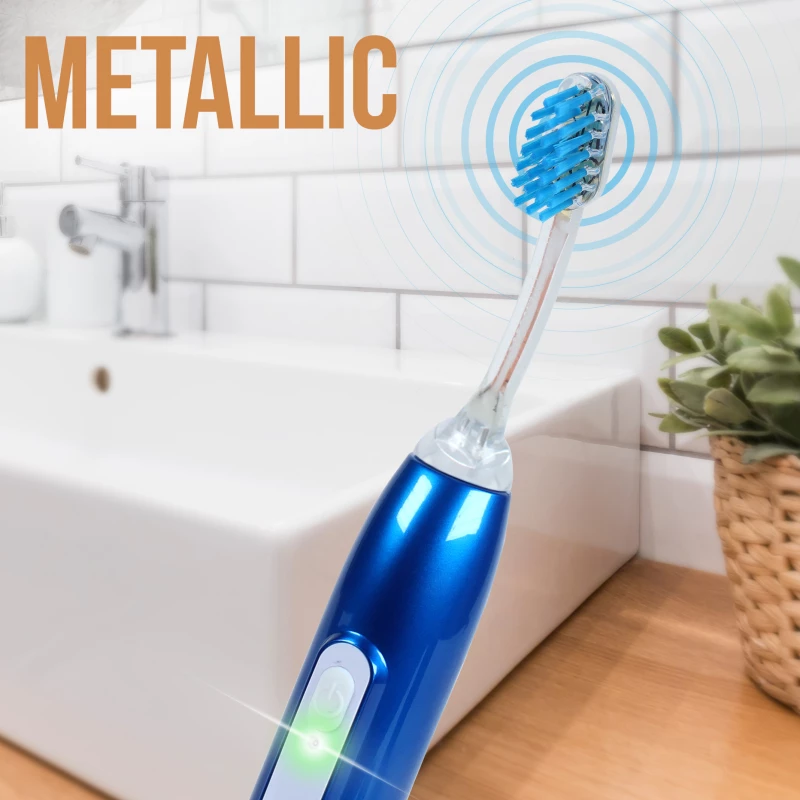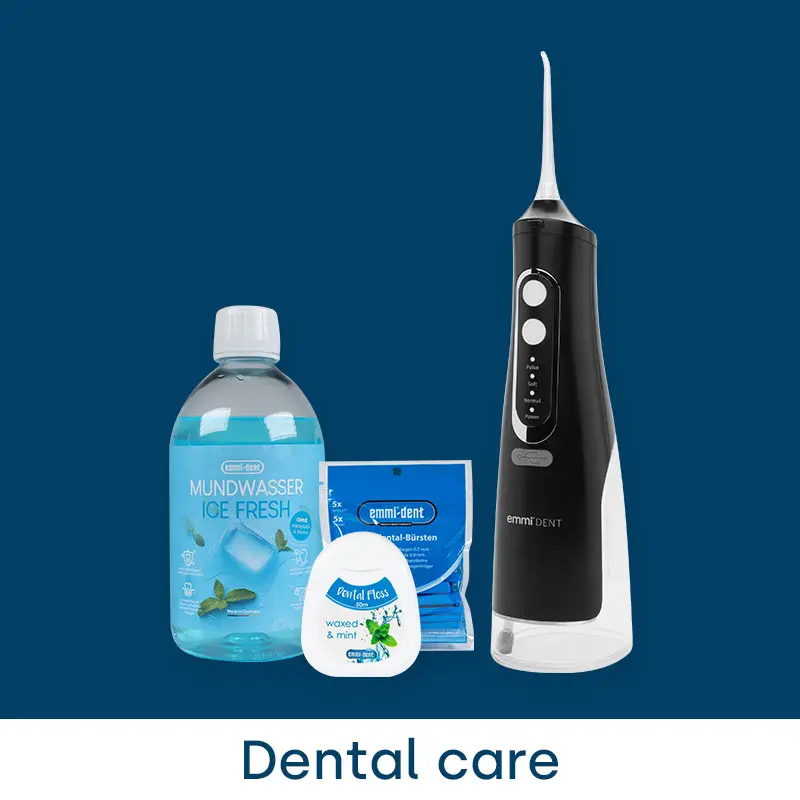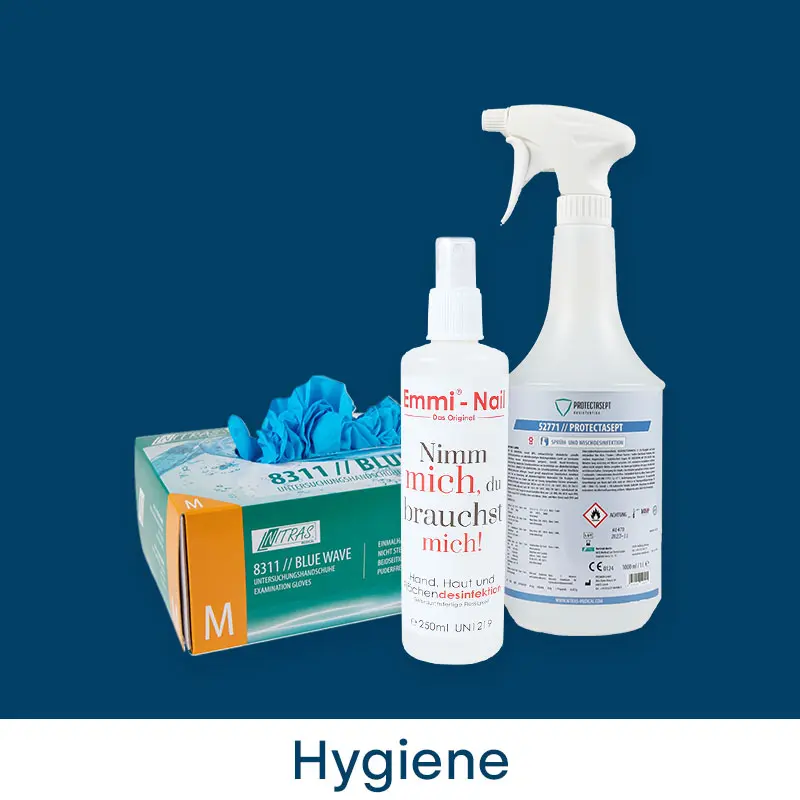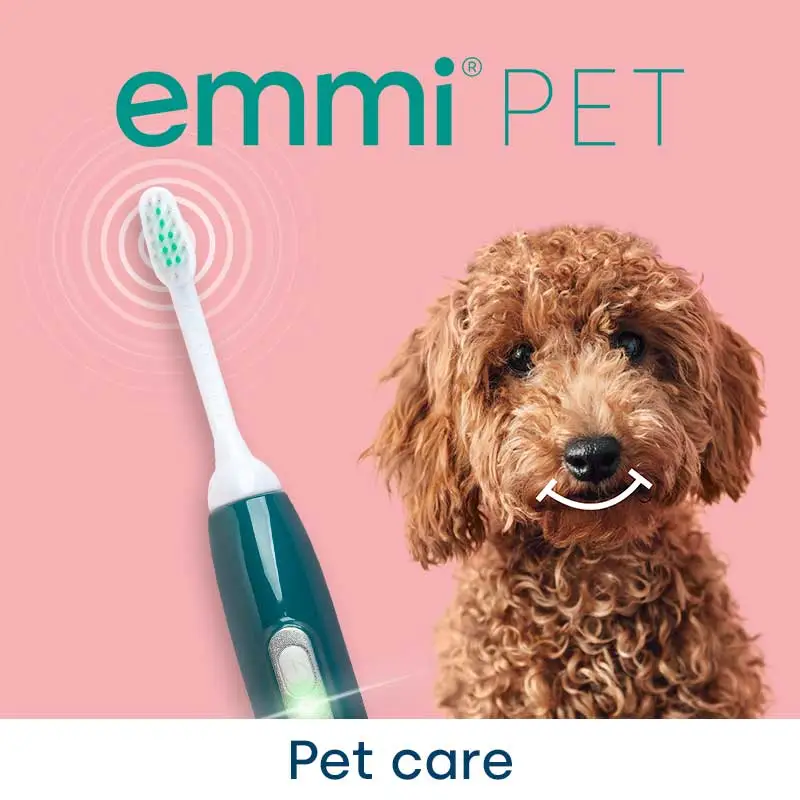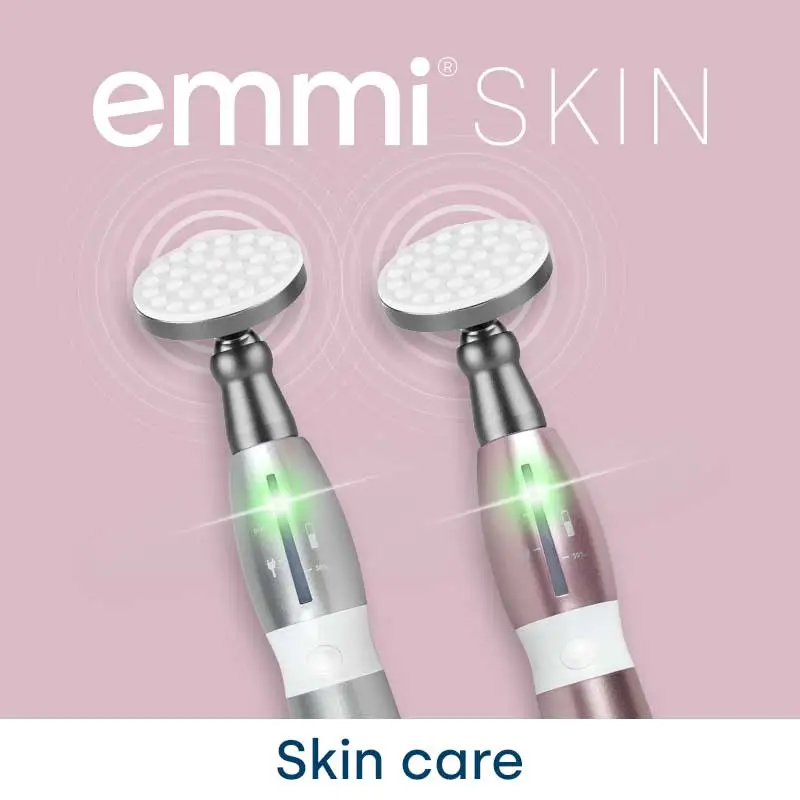
Reducing sugar consumption and improving dental health - these are goals that everyone probably has. But what's the best way to do this? In this article, we give you 7 tips on how you can effectively avoid dental problems caused by sugar. From learning about the effects of different types of sugar on your teeth, to effective ways to reduce your sugar intake, to the benefits of regular visits to the dentist and professional teeth cleaning. We will also discuss the importance of a sugar-conscious diet and its impact on dental health in this article. It's time to declare war on sugar and strengthen your teeth. Are you ready to take the initiative and prevent tooth decay? Then read on and discover our proven strategies against sugar damage to your teeth.
The most important facts summarized in advance:
It is important to know the different types of sugar and their effects on dental health. Refined sugar, fructose and glucose syrup are particularly harmful.
Reduce your sugar intake by watching out for hidden sugars in food and using natural alternatives such as honey or maple syrup.
Thorough oral hygiene, such as that achieved with the emmi-dent ultrasonic toothbrush, is important for preventing tooth decay.
Daily use of dental floss and fluoride-containing products can intensify fluoride protection and thus strengthen the teeth.
Regular visits to the dentist, professional teeth cleaning and a tooth-friendly diet that avoids foods containing sugar and starch contribute to the long-term maintenance of dental health.
Tip 1: Effects of different types of sugar on dental health
On the road to healthy dental care, it's important to understand the different types of sugar and their effects on dental health. Avoiding sugar-induced dental problems is our number 1 tip. Bacteria in your mouth convert sugar into acid, which then attacks tooth enamel and causes tooth decay. Refined sugar, fructose and glucose syrup are the main culprits here.
But how can you avoid them? Read the list of ingredients on food packaging and look out for hidden sugar. Foods that you don't immediately associate with sugar are often tricky, such as
ketchup,
ready-made sauces or
muesli.
By being actively aware of sugar consumption, you can reduce it and improve your dental health. Remember that there are always alternatives to avoid sugar-induced dental problems and keep your teeth healthy.
Tip 2: How to effectively reduce sugar consumption
To effectively minimize sugar consumption, it is crucial to eat consciously and pay attention to food labels. Hidden sugar is often lurking in preserved foods. By avoiding or replacing these foods, you can significantly reduce your sugar intake and avoid sugar-induced dental problems.
Another tip is to replace sugary foods with natural alternatives. Agave syrup and maple syrup, for example, are sweet alternatives that can be less harmful to your teeth. Homemade meals and snacks give you full control over the ingredients and reduce the consumption of hidden sugars. Also remember to drink enough water to clean sugar from your teeth and improve your overall oral hygiene.
Don't forget to schedule regular visits to the dentist. Professional teeth cleaning can help prevent tooth decay and detect sugar-related dental problems at an early stage. Brushing, flossing and mouthwashes are also essential parts of good oral hygiene.
Tip 3: Clean your teeth comfortably and thoroughly with emmi-dent
Our emmi-dent ultrasonic toothbrush is the ideal helper for effortless and thorough cleaning of your teeth. Not only is it easy to use, but it also helps you to avoid sugar-induced dental problems by effectively removing plaque and bacteria that cause tooth decay.
Thanks to the gentle ultrasonic technology, our emmi-dent toothbrush is also gentle on your gums and tooth enamel while it cleans thoroughly. It's a good choice, especially if you often enjoy sugary foods and drinks.
Used twice a day, our modern ultrasonic toothbrush from emmi-dent helps to keep your teeth clean and healthy. Don't forget: reduce sugary foods and focus on a good brushing technique and the right toothbrush. These factors are crucial if you want to prevent tooth decay and maintain your dental health in the long term.
Tip 4: Benefits of daily flossing
If you want to follow our tips for a healthy mouth, flossing is also a must. It allows you to easily reach the hard-to-reach places between your teeth where bacteria and food debris like to linger. These could otherwise pave the way for sugar-induced dental problems. By flossing regularly, you avoid this risk and promote your general dental health at the same time.
Now you may be wondering which dental floss is best? Benefit from the dental floss range from emmi-dent. When used correctly, our dental floss is designed to effectively remove plaque and food debris without damaging your gums. You'll be amazed at how effortless it is to use and how fresh and clean your mouth feels afterwards. Make flossing part of your daily ritual.
Tip 5: Practical methods to intensify fluoride protection
Increase your fluoride protection by regularly using fluoride-containing dental care products. The focus should be on toothpaste, as this provides the longest contact time with your teeth. We particularly recommend the fluoride-containing products from emmi-dent, which strengthen your tooth enamel and thus prevent tooth decay.
But that's not all: fluoride is also found in many foods. A balanced diet with plenty of fish and fluoride-rich drinking water can also increase your fluoride protection. Remember that changing your diet in this way will not only benefit your oral health. It also promotes your general well-being.
Tip 6: Why regular visits to the dentist are so important
Don't underestimate how crucial it is to visit the dentist regularly. It's a key element in preventing sugar-induced dental problems. With professional check-ups and cleanings, you can make sure that potential problems are detected and fixed early.
Your dentist has the trained eye to spot signs of tooth decay or other dental and oral problems that you may miss yourself. They can also recommend preventative measures to improve your dental health. Remember, brushing your teeth alone is often not enough to remove all the residue from sugary foods and drinks stuck to your teeth. That's why a professional dental cleaning is invaluable.
But how often should you go to the dentist? You should make an appointment at least twice a year. This may seem like a lot, but believe us, your teeth and your overall dental health will thank you for it.
Tip 7: Change your diet for strong teeth
Not only good oral hygiene is crucial for healthy teeth, but also what you eat. Avoiding sugar-induced dental problems is particularly successful if you modify your eating habits.
Sweet and starchy foods are real enemies of teeth. They promote the development of tooth decay and damage tooth enamel. Instead, you should focus on tooth-friendly foods. Vegetables, nuts and dairy products are the top choices here. They contain important vitamins and minerals that help to strengthen your teeth. They also have a positive effect on your general well-being.
Don't forget to include sugary foods and drinks in your diet. Water and unsweetened teas are the better alternatives. This way you can avoid not only sugar and dental problems, but also many other health problems. But remember, changing your diet is only part of the solution. Regular visits to the dentist, professional teeth cleaning at the dentist and effective tooth brushing are equally important to keep your teeth healthy for life.
The most effective strategies against sugar damage to teeth
As you can see, there are effective steps you can take to avoid sugar-induced dental problems. It is very important that you pay attention to the types of sugar you consume. Avoid refined sugar and look out for hidden sugars in food. Also, use natural sources of sugar such as agave syrup or maple syrup and floss daily to remove impurities that can cause tooth decay.
Also use fluoride toothpaste and mouthwashes for extra protection. Apart from that, you should schedule regular visits to the dentist in the future to detect potential problems early on. If you then manage to adjust your diet and give preference to tooth-friendly foods such as vegetables, nuts and dairy products, you can improve your dental health and greatly minimize the risk of dental problems caused by sugar.

